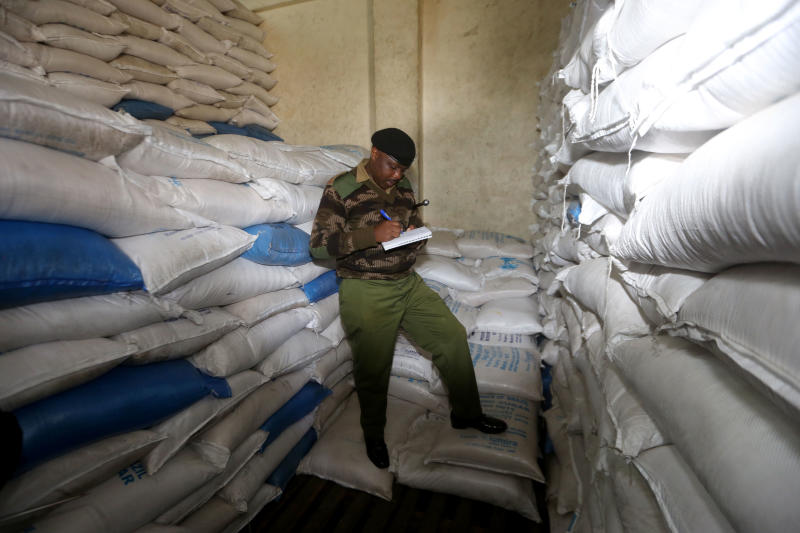
Supremacy wars between government investigative and enforcement agencies have left Kenyans at the mercy of shrewd businessmen, whose untested products find their way onto the tables of unsuspecting Kenyans.
Uncoordinated operations, vested interests and a clash of egos at the Directorate of Criminal Investigations (DCI), the Office of the Director of Public Prosecutions (ODPP), the police, the Cabinet as well as at a host of other enforcement agencies such as the National Environment Management Authority (Nema) and the Kenya Revenue Authority (KRA) have led to the passage, into the country, of substandard and potentially damaging goods.